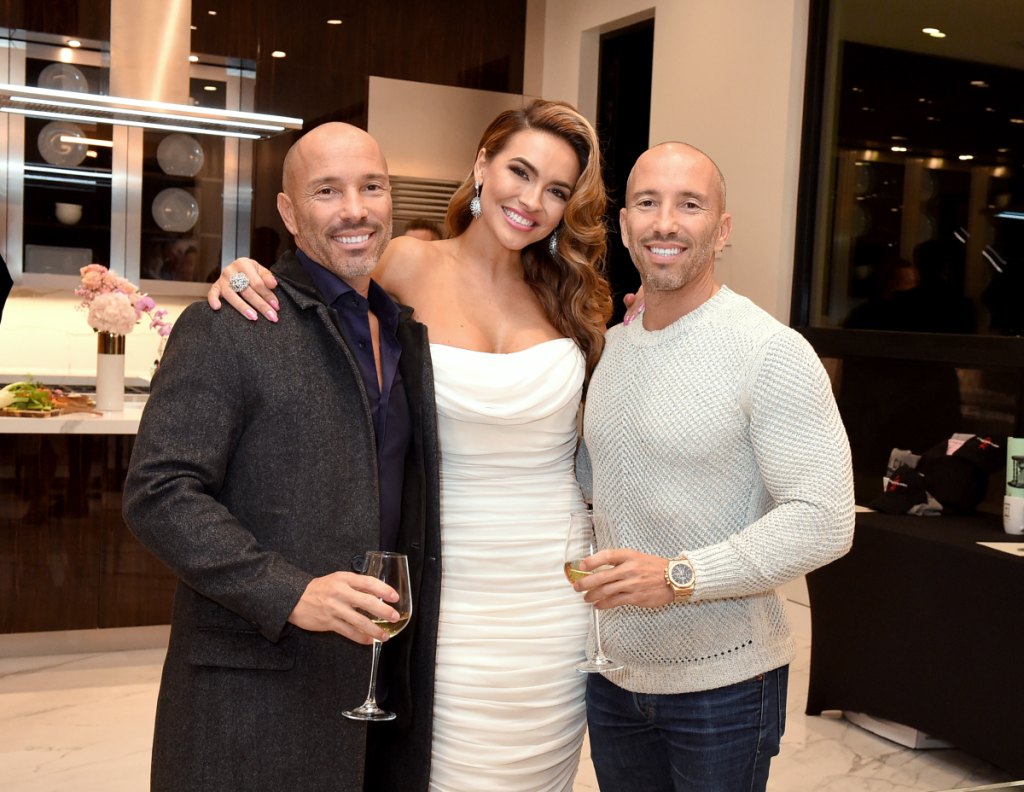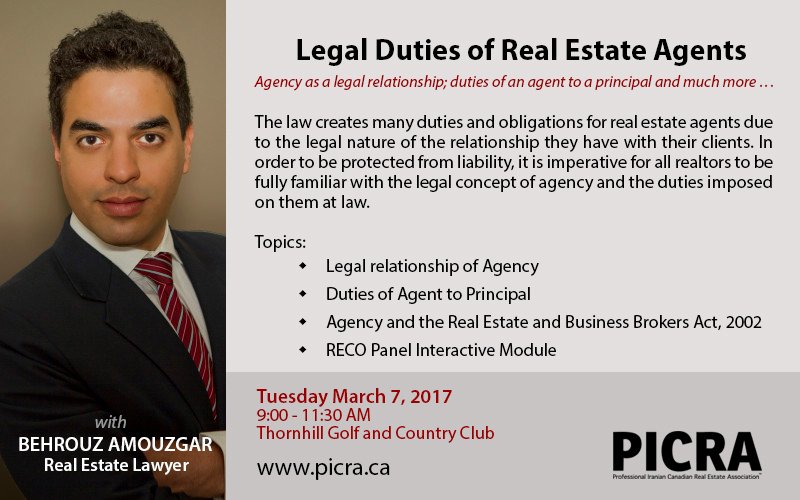
A Minnesota license can be obtained if you fulfill certain requirements. Minnesota Commerce Department works to ensure real estate agents have the necessary qualifications and are able to work in the State. You must be at least 18 years old, a U.S. citizen or lawfully admitted alien. Most users do not have to be citizens, although it is possible to be denied a license for any criminal history, unpaid court judgments, or discipline actions against your professional license. It is possible to refuse a license if you engage in illegal real estate activities.
Pre-license education
Pre-license education is an important part of becoming a licensed real estate agent in Minnesota. This can increase your chances of passing and help you avoid retaking the exam. Minnesota requires you to be licensed as a real agent within four months. Pre-licensing is contingent on passing the exam, passing the education course and being sponsored by a licensed brokerage.
An excellent way to begin your education in Minnesota for your real-estate license is to take an online pre-license course. There are three courses of 30 hours that can help you earn your license. These courses cover topics like valuation, financing, contracts and real estate principles. The course can be completed online by ContinuingEd Express. They offer both online and live streaming courses.

You must continue your education
Minnesota real estate agents must complete at minimum fifteen hours of continuing education every year. The total amount of continuing education required for Minnesota real estate salespersons is 30 hours. This applies over a two-year renewal. You have many options to fulfill the real estate CE requirements, including live classes and on-demand webinars. Kaplan offers both online and live courses to fulfill the state’s continuing education requirements. Kaplan's online courses are approved for 3.75 hours of real estate CE and can also qualify for fair housing and agency credit.
Minnesota Real Estate Commission has adopted new real estate CE credit system. Real estate licensees are required to complete at least eight hours of continuing educational in one day and no more than fifteen hours in a 24-hour time period. Minnesota's continuing-education requirements for brokers and salespeople require that they complete a prelicensing CE module. These courses can be used to earn 3.75 hours CE credit. They must be completed before June 30, 20,22. An MNR Academy website allows you to complete a course online without the need for a live instructor. Most courses are self-paced, while some are live-streamed. Exam prep courses include both the national exam and the state portion of the Minnesota licensing exam.
Exam
Minnesota real estate licenses must be obtained in order to be allowed to practice. This examination helps protect the public and ensures that an individual is competent. The state regulatory agency sets a standard for safe practice, and the examination is designed to verify whether an individual complies with that standard. Pearson VUE administers Minnesota’s real estate licensing exam.
Minnesota's real estate license requires that applicants have successfully completed both a prelicense education program and passed the state exam. The state demands that applicants are at minimum 18 years old and a lawful permanent citizen of the United States. Minnesota has reciprocity deals with many other states, such as Wisconsin. Minnesota doesn't require you to complete a prelicensing training course if your state is a reciprocal one. You can apply through the PULSE Portal and email a letter certifying your current license and pass the state portion of the exam. In Wisconsin, however, you must take a 13-hour Wisconsin-to-Minneseta prelicensing course.

Cost
You must first obtain a Minnesota license to be a real-estate agent. The entire process can be completed online except for the actual exam that must be taken in-person. This article will explain the process in detail, including what it will cost and how long it takes. We will also cover the exam content, and give you some resources for additional information.
Minnesota requires that all licensed real estate agents have completed at least 90 hours in pre-licensing training. These can be done online or through classes. On-demand online courses are usually the most cost-effective. A package that includes three courses typically costs $200 to $300.
FAQ
What are the most important aspects of buying a house?
The three most important factors when buying any type of home are location, price, and size. Location is the location you choose to live. Price refers how much you're willing or able to pay to purchase the property. Size refers how much space you require.
How long does it take for a mortgage to be approved?
It is dependent on many factors, such as your credit score and income level. It generally takes about 30 days to get your mortgage approved.
How much money do I need to save before buying a home?
It all depends on how many years you plan to remain there. You should start saving now if you plan to stay at least five years. You don't have too much to worry about if you plan on moving in the next two years.
How can I determine if my home is worth it?
If you have an asking price that's too low, it could be because your home isn't priced correctly. A home that is priced well below its market value may not attract enough buyers. For more information on current market conditions, download our Home Value Report.
What should I consider when investing my money in real estate
The first step is to make sure you have enough money to buy real estate. If you don’t save enough money, you will have to borrow money at a bank. You also need to ensure you are not going into debt because you cannot afford to pay back what you owe if you default on the loan.
You should also know how much you are allowed to spend each month on investment properties. This amount should cover all costs associated with the property, such as mortgage payments and insurance.
Finally, you must ensure that the area where you want to buy an investment property is safe. It would be best if you lived elsewhere while looking at properties.
How can I repair my roof?
Roofs can leak because of wear and tear, poor maintenance, or weather problems. Repairs and replacements of minor nature can be made by roofing contractors. Contact us to find out more.
How many times can I refinance my mortgage?
This is dependent on whether the mortgage broker or another lender you use to refinance. Refinances are usually allowed once every five years in both cases.
Statistics
- Some experts hypothesize that rates will hit five percent by the second half of 2018, but there has been no official confirmation one way or the other. (fortunebuilders.com)
- This seems to be a more popular trend as the U.S. Census Bureau reports the homeownership rate was around 65% last year. (fortunebuilders.com)
- Over the past year, mortgage rates have hovered between 3.9 and 4.5 percent—a less significant increase. (fortunebuilders.com)
- This means that all of your housing-related expenses each month do not exceed 43% of your monthly income. (fortunebuilders.com)
- The FHA sets its desirable debt-to-income ratio at 43%. (fortunebuilders.com)
External Links
How To
How to Find an Apartment
When moving to a new area, the first step is finding an apartment. This involves planning and research. This involves researching neighborhoods, looking at reviews and calling people. You have many options. Some are more difficult than others. The following steps should be considered before renting an apartment.
-
It is possible to gather data offline and online when researching neighborhoods. Online resources include websites such as Yelp, Zillow, Trulia, Realtor.com, etc. Other sources of information include local newspapers, landlords, agents in real estate, friends, neighbors and social media.
-
Read reviews of the area you want to live in. Yelp, TripAdvisor and Amazon provide detailed reviews of houses and apartments. You may also read local newspaper articles and check out your local library.
-
Make phone calls to get additional information about the area and talk to people who have lived there. Ask them about their experiences with the area. Ask for recommendations of good places to stay.
-
Be aware of the rent rates in the areas where you are most interested. Renting somewhere less expensive is a good option if you expect to spend most of your money eating out. However, if you intend to spend a lot of money on entertainment then it might be worth considering living in a more costly location.
-
Find out more information about the apartment building you want to live in. Is it large? What's the price? Is it pet friendly What amenities do they offer? Can you park near it or do you need to have parking? Do you have any special rules applicable to tenants?